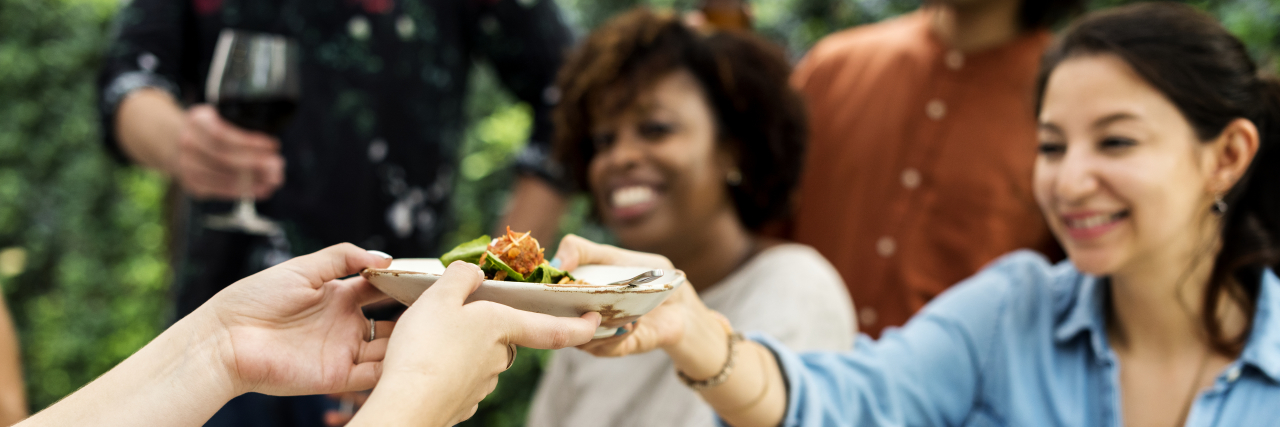“Sometimes I forget you’re disabled.”
I have heard this statement several times over the last few years, and my response is always: “That’s fantastic! But please don’t.”
I have spent the last decade trying to feel normal again. By “normal,” I mean getting to a place where I and those around me can forget I have a disability, and focus on who I am and what I’m capable of doing. By “normal” I mean feeling independent and autonomous, and being treated as an equal and valuable member of my community and society.
It took me years to recover from my illness and adapt to my new body with its limited mobility. I still deal with many issues like spasticity, neuropathy and chronic pain that can put a crimp in my style or throw a wrench in my day, but I have learned to accept and live with them in the best way I can. I understand there are activities I will never be able to return to, and things I will never accomplish, and I’m OK with that. As long as I am included and treated with respect, as long as I feel fulfilled and hopeful, I’m OK with living with a disability.
Believe me when I say I am thrilled that you don’t see me as your “poor disabled” friend, that you don’t pity or feel superior to me, and that you automatically include me in your plans. But I don’t want you to forget I have limitations and mobility needs.
If your home is not wheelchair accessible and I must leave my wheelchair behind when I come to dinner, I may become sore or fatigued more easily and have to leave earlier. If you plan an event that is over five miles away from my home, it will take me longer to get there. If we are traveling somewhere by taxi, we will probably have to wait longer than you’re used to. If we go to an event that draws crowds of people, we will struggle to stay together and get through the bodies. If we sit in the accessible seating area at an event, the view could be great, or it could be not very good at all. And the list goes on…
As a person with a disability, I face many challenges and obstacles regularly. I am accustomed to it, so I simply fold them into my routine and plan accordingly. But for able-bodied people, these challenges can be unexpected and irritating. This is why I don’t want you to forget I’m disabled. I don’t want my disability to throw a wrench in your plans, and the best way to prevent that from happening is for you to try to be mindful of the challenges I, or we, may face. That way, if these challenges arise, they will not prevent anyone from being included and having a good time. And if you don’t know, please ask. I will be more than happy to share my experience to make planning your event easy and relatively seamless.
If it seems like I want it both ways — that I want you to forget I’m disabled, but not forget I’m disabled — well, I do! I want to be seen as an independent, confident individual worthy or respect and inclusion. I also want people to remember I do have a disability. But it’s really more for your sake than mine. Being mindful, patient and planning ahead will save you from frustration or guilt, and me from embarrassment or shame in the long run.
Getty image by Rawpixel.

